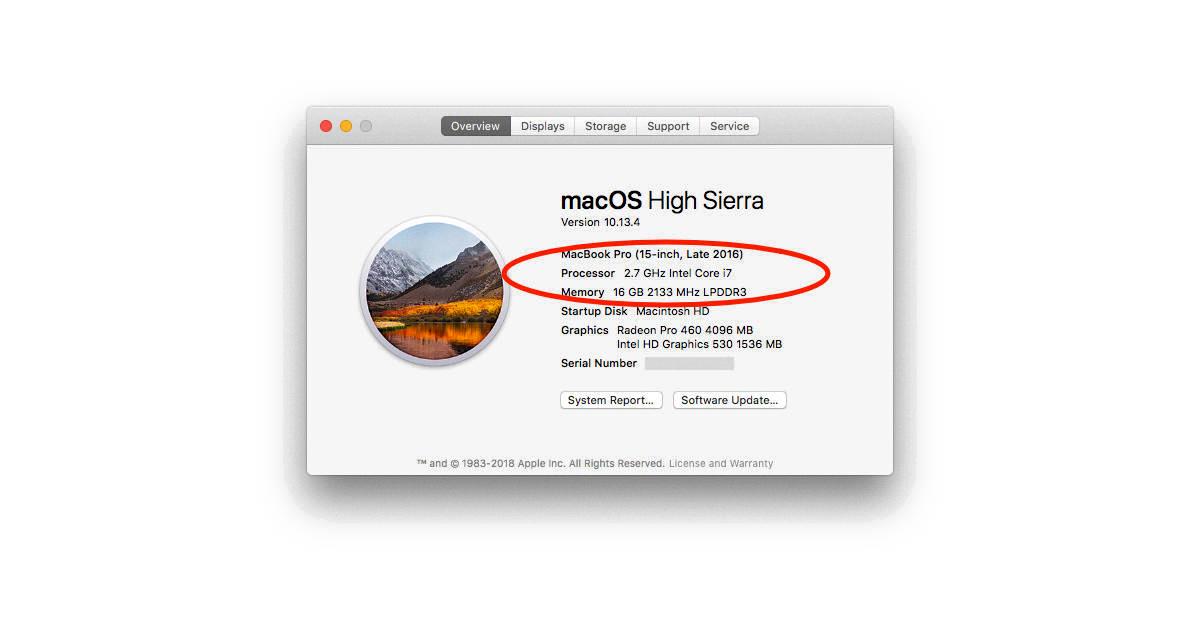When it comes to the iMac lineup, there has been some confusion about the 7-core and 8-core GPU models. On paper, they seem very similar, but there is a significant difference between them that can’t be seen at first glance.
The 8-core iMacs have two fans while the 7-core only has one. This difference in cooling power has an effect on performance since the additional fan can help keep temperatures down and allow for more consistent operation. While the performance gap between the two models is negligible, it’s worth mentioning that the 7-core chip is actually a binned version of an 8-core chip with an internal defect that prevents one of the cores from being used.
Then there’s Apple’s new M1 chip which was released with rave reviews for its impressive performance and efficiency. It’s a culmination of over 10 years of research and development put into chips developed for iPhones and iPads. With its powerful single-core performance and large app library, it’s quickly become a favorite amongst power users who want to take advantage of all its features without being weighed down by bulky hardware or struggling with compatibility issues.
Ultimately, if you’re looking for top-of-the-line Mac performance then it’s worth spending $50 extra to get a chip that doesn’t have any known internal defects – even though the difference in real-time performance between both models is negligible. For budget-conscious buyers, however, know that you can save money without sacrificing too much on performance by opting for the 7-core model instead.
Difference Between 7-Core and 8-Core iMacs
The 8-core and 7-core iMacs both feature powerful GPUs, but there is a notable difference between them. The 7-core iMac has one fan to cool its components, while the 8-core iMac has two fans for greater cooling power. This can make a significant difference in terms of performance and reliability; the 8-core iMac will be able to handle more intense tasks for longer periods of time with less risk of overheating. Furthermore, the 8-core iMac comes with a much larger memory capacity than the 7-core model, allowing it to store more data and run programs with greater efficiency. Finally, the 8-core model comes with an improved graphics processor that can provide smoother visuals and better gaming performance than the 7-core model.

Source: rentvision.com
Comparing 7-Core and 8-Core Processors
The answer to this question depends on the specific needs of the user. The 8-core GPU has slightly better performance numbers than the 7-core GPU, but in most cases, the difference is too small to be noticeable. If you have a task that requires extreme performance, then an 8-core GPU might be your best option. However, if you are looking for a more affordable solution with comparable results, then a 7-core GPU is likely sufficient. Ultimately, it comes down to finding the right balance between cost and performance for your needs.
What is the Meaning of 7-Core?
7-core chips are a type of processor with seven cores or processing units. Each core is like a mini-computer inside one larger processor and is capable of handling its own separate tasks independently from the other cores. This provides improved performance as it allows for multiple tasks to be carried out at the same time without sacrificing speed or efficiency. In some cases, these chips are actually 8-core chips that have been binned due to internal defects preventing one of the cores from being used.
Evaluating the Performance of the Apple M1 8-core Processor
The Apple M1 8-core chip is an impressive piece of technology that performs incredibly well and efficiently. It has eight cores, which is four more than the previous generation of Apple chips, and provides a significant increase in performance. It also uses low-power transistors that help to reduce power consumption while allowing for smooth multitasking. Furthermore, it features advanced technologies such as deep learning accelerators and advanced image signal processors, making it a powerful choice for creative professionals. In short, the Apple M1 8-core chip is an excellent choice for anyone looking for a powerful and efficient processor.
Who Benefits from an 8-core Processor?
An 8-core processor is ideal for users who require the most power out of their system. Those include professional gamers, video editors, graphic designers, 3D modelers, software engineers, and other users who require intense multitasking capabilities. With an 8-core processor, users can simultaneously run multiple applications or tasks without a noticeable drop in performance or efficiency. Additionally, it is beneficial for gamers who play and stream games at high resolutions and frame rates. An 8-core processor also allows for faster encoding of videos for streaming platforms such as YouTube and Twitch.
Difference Between 7th and 8th Generation iMacs
The main difference between the 7th and 8th generation iMacs is their processor architectures. The 7th generation iMacs use the Intel Kaby Lake architecture, while the 8th and 9th generation models use Intel’s more advanced Coffee Lake architecture. The newer Coffee Lake architecture provides faster processor speeds and improved graphics processing power, allowing for more intensive tasks to be performed faster. Furthermore, some of the 8th and 9th generation models also feature faster memory modules than their predecessors, resulting in even greater performance gains.
The Impact of 8 Cores on Performance
Yes, 8 cores can make a difference in computing performance. In general, having more cores gives you greater processing power to work with. CPUs with 8 cores provide higher levels of multi-threaded performance than those with fewer cores and are better able to handle highly complex tasks such as gaming and video/photo editing. Benchmark tests have shown that there is generally a 10 to 15 percent difference between 6-core and 8-core processors when it comes to gaming and other intensive applications where multiple threads need to be processed simultaneously. Additionally, 8-core CPUs can also help reduce render times for 3D rendering tasks due to their increased number of threads available for computation.
The Benefits of Utilizing 8 Cores
Yes, an 8-core CPU is a great choice for both gaming and productivity work. It offers excellent multitasking performance, allowing you to run multiple programs at the same time without any slowdown. It also has plenty of power for gaming, enabling you to enjoy the latest titles with high frame rates and minimal stuttering. 8-cores are also highly cost-effective, offering tremendous value for money when compared to higher core count CPUs. If your main focus is on multitasking and gaming, then an 8-core CPU should be more than enough for your needs.
Does a Core i7 Processor Have Seven Cores?
No, Core i7 does not mean a seven-core processor. Core i7 is a family of Intel processors that indicates higher performance than that of the Core i3 and Core i5 processor families. While the older Intel Core i3 series had only dual-core processors, more recent generations have a mixture of dual- and quad-core CPUs. So, while the name “Core i7” implies higher performance than other Intel processors, it does not indicate the exact number of cores.
Comparing the Performance of Apple M1 and Intel Core i7 Processors
The answer to the question of whether Apple M1 is better than the Intel Core i7 depends on the specific tasks and workloads being compared. Generally speaking, the M1 chip offers good performance for everyday computing tasks such as web browsing and word processing, but it may not be well-suited for content creation tasks requiring intense processing power.
In terms of content creation tasks such as 4K AVC-to-HEVC/H. 265 file conversion, Intel showed the Core i7 to be about 1.12x faster than the M1. However, it should be noted that Apple’s M1 chip is relatively new and has been designed to offer improved performance over previous ARM-based chips while operating at lower power levels.
Overall, depending on your specific needs, either chip can offer great performance – it just depends on what you need to do with it.

Source: macobserver.com
Conclusion
In conclusion, the 8-core and 7-core GPU iMacs offer very similar performance, with the main difference being that the 8-core model has two fans wile the 7-core model only has one. The slight performance difference between the two is negligible, and it’s worth paying a bit more for the 8-core version as it comes from chips that have been fully tested and are free from known internal defects. Finally, the release of Apple’s M1 chip has revolutionized computing power, making it even more efficient than ever before.








